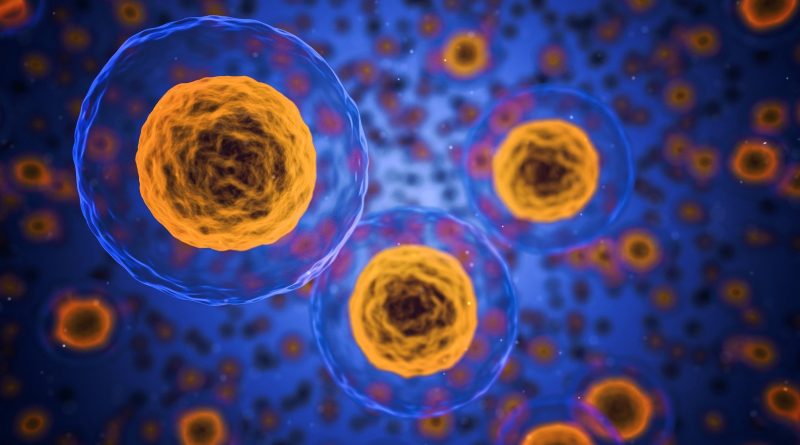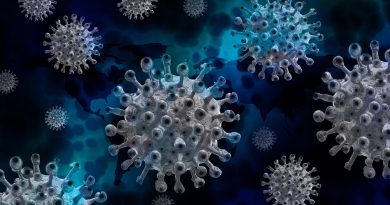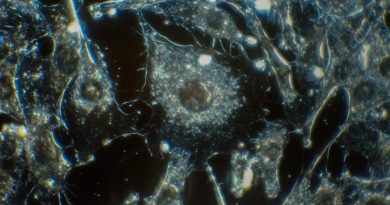BioMed, Utrecht University and Erasmus discover antibody blocking SARS-CoV-2 in cells
Scientists at clinical-stage biopharmaceutical company Harbour BioMed (HBM), Utrecht University and Erasmus Medical Center announced that they have discovered a fully human monoclonal antibody which stops the SARS-CoV-2 virus from infecting cultured cells.
Human monoclonal antibody blocking SARS-CoV-2 in cells
The human monoclonal antibody was generated utilising H2L2 transgenic mouse technology by Harbor BioMed. The report, published in Nature Communications online, is a strong foundation towards the development of a fully human antibody to treat or prevent the COVID-19 respiratory disease caused by the novel coronavirus SARS-CoV-2.
The COVID-19 pandemic has transmitted rapidly around the world infecting more than 3.7 million people with more than 250,000 fatalities.
Berend-Jan Bosch, PhD, Associate Professor, Research leader at Utrecht University, and co-lead author of the Nature Communications study said:
“This research builds on the work our groups have done in the past on antibodies targeting the SARS-CoV that emerged in 2002/2003”. “Using this collection of SARS-CoV antibodies, we identified an antibody that also neutralizes infection of SARS-CoV-2 in cultured cells. Such a neutralizing antibody has potential to alter the course of infection in the infected host, support virus clearance or protect an uninfected individual that is exposed to the virus.”
Ability to neutralise both SARS-CoV viruses
Dr. Bosch revealed that the antibody binds to a domain retained in both SARS-CoV and SARS-CoV-2 which explains its ability to neutralise both viruses. According to Dr. Bosh the cross-neutralizing feature of the antibody suggests it may have potential in mitigation of diseases caused by newly emerging coronaviruses.
Frank Grosveld, PhD, co-lead author on the study, Academy Professor of Cell Biology, Erasmus Medical Center, Rotterdam and Founding Chief Scientific Officer at Harbour BioMed stated:
“This discovery provides a strong foundation for additional research to characterize this antibody and begin development as a potential COVID-19 treatment.”
Reducing the risk of immune-related side effect
Professor Grosveld explains that the study used an antibody which is ‘fully human,’ allowing accelerated development and at the same time reducing the risk for immune-related side effects. Conventional therapeutic antibodies are initially produced in other species and then need to undergo a further process to ‘humanize’ them. The antibody was created with the H2L2 transgenic mouse technology developed by Harbor BioMed.
Dr. Jingsong Wang, Founder, Chairman & Chief Executive Officer of Harbor BioMed said:
“We expect to advance development of the antibody with partners. We believe our technology can contribute to addressing this most urgent public health need and we are pursuing several other research avenues.”
About Harbour BioMed
Harbor BioMed is a multinational clinical-stage biopharmaceutical company, designing novel treatments in the areas of immuno-oncology and inflammatory diseases. The company is constructing its own pipeline infrastructure through internal R&D projects, and partnerships with co-discovery and co-development collaborators and select acquisitions.
The company’s internal research projects are focused on its two licensed transgenic mouse technologies (Harbour Mice®) to develop both totally human monoclonal antibodies and heavy chain only antibodies (HCAb) and HBICETM immune cell engager engineering to generate bispecific antibodies.
In addition, Harbor BioMed licences the platforms to businesses and research centers. The company resides in Cambridge, Massachusetts; Rotterdam, The Netherlands; and Suzhou & Shanghai, China.
To find out more please visit www.harbourbiomed.com




